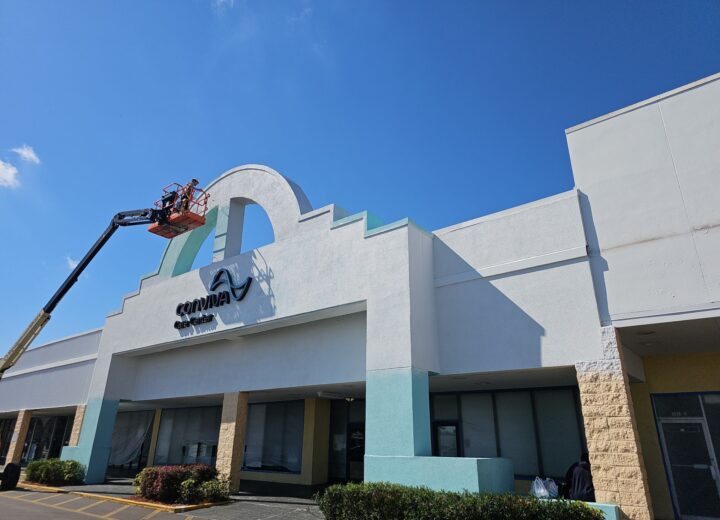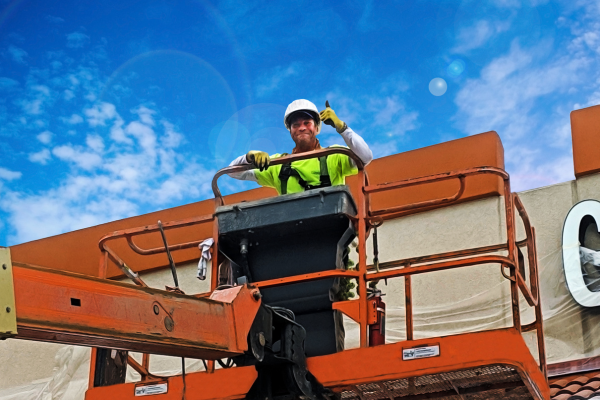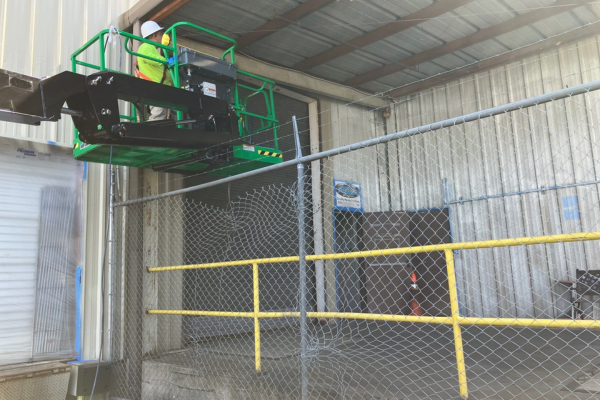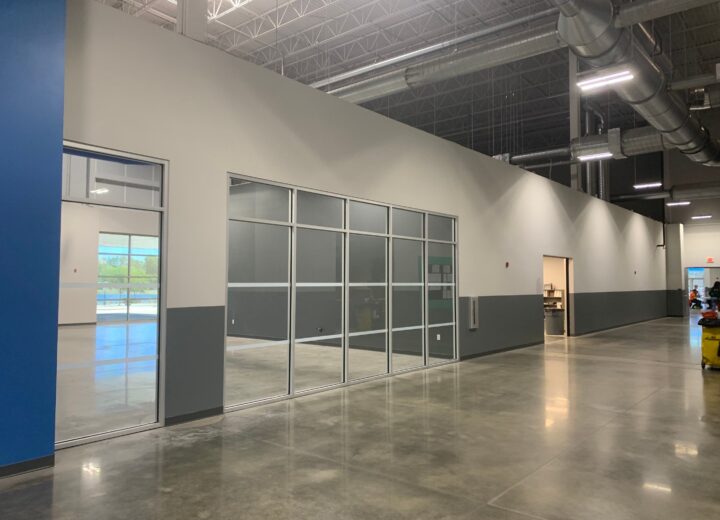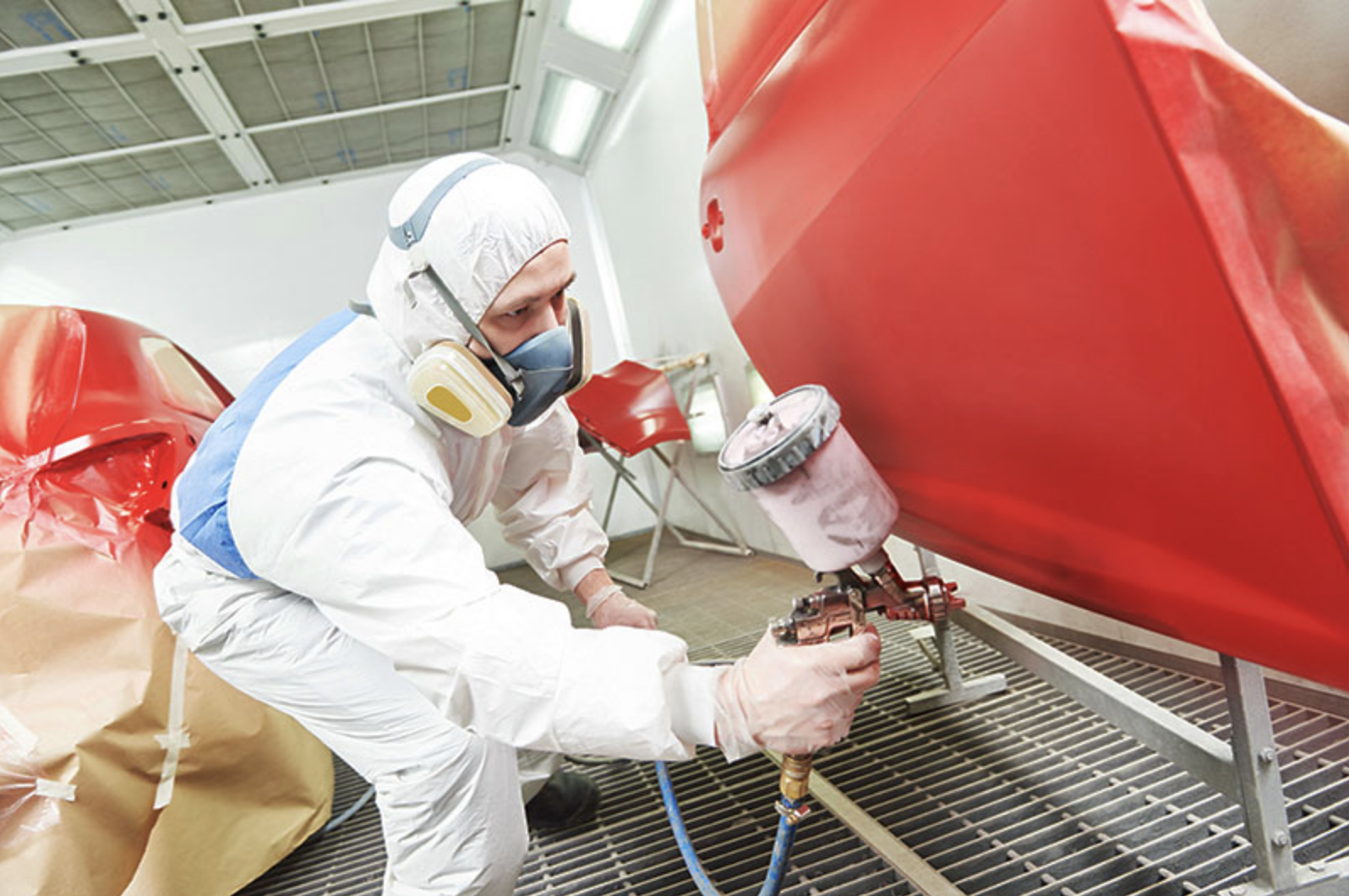
If you are looking for a coating that lasts many years, is minimal in maintenance, and has a UV resistance, then you have come to the right place to get some information. It can be quite tiring to go through all of the information that is out there, but the decision is ultimately up to you to discover the right one for your needs.
Even though there are numerous types of coatings, the variety that we are going to concentrate on is Ceramic coatings. Ceramic coatings have significantly advanced within its forty-plus year existence, with no slowing down in sight.
Numerous trades have come to rely on the use of this unique shield. These include: aerospace, automotive, aviation, construction, electrical, gas and oil, to name a few. This list is imposing when you think about it. These types of trades experience very harsh and rigorous conditions.
Ceramic Coatings
You might ask yourself, just what are Ceramic Coatings? Ceramic is made from inorganic, non-metallic substances generated by exposing the clay to an extreme temperature to its hardened state. Ceramic coatings have come a long way from its original state, with the addition modifications to the formula. Oxides and non-oxides have been added to the mix to form a stronger bond and make it more versatile.
These varieties of coatings are paints that are immersed with tiny ceramic microspheres, which are microscopic ceramic bits spread evenly within the coating mixture when applied. Ceramic layers are thicker than most other forms of coatings, as the excessive proportion of dense microsphere occupies much of the formula.
Uses of Ceramic Coatings
Since Ceramic is such a versatile coating, it can be intermingled with lots of other additives, so that it can be customized to your needs. Examples of what the finished textures are used for include: plaster, spray applied to tile and stucco within the commercial industry, industrial (piping, manufacturing and industrial transportation equipment), and residential (roofs, siding, floors and insulation) sectors, which when applied need to withstand the constant beating of the sun’s harsh rays.
As stated before, there are numerous trades from aerospace to transportation (with many in between) that utilize this covering to help protect their materials from the harmful UV rays. There are many other advantages for using this coating. They include:
- Creating an amplified stiff bond for higher wear resistance
- Providing your surface with a shield against erosion
- Acting as a thermal and electrical insulator
- Making your substrate appear visually more pleasing
- Being unreceptive to gases, liquids and various chemicals
- Having the option of being used to form a fire barrier
- Having a fast curing time
- Being applicable in a wide range of temperatures, in or outdoors
- Being used as a primer and or a topcoat
- Being cheaper than other types of coatings
- Being easy to use
The marine and military sectors have been taking full advantage of this resistance coating for many years for the defense against UV/Oxidation and corrosion, with no sign of stopping or slowing down anytime soon. Automotive sectors have been pushing the benefits of ceramics to protect their products with great success, as they show that the surface of cars can be covered with a list of elements, with little to no effect and minimum maintenance.
There are many different surfaces that Ceramic Coatings can be applied on to give the materials extra protection against the elements, and some of those include:
- Steel and blasted steel
- Aluminum
- Fiberglass
- Carbon Fiber
- Brass
- Wood
As with anything else, it is always best to research to find the right category of Ceramic Coating that you will need, then buy the best product that you can obtain or afford, as this can determine the outcome that you will achieve.
Applying Ceramic coating might be easy, but you will still need to maintain it. Ceramic coatings can be very difficult to remove. If implemented incorrectly, it can compromise the material that you are a putting it onto. An area that is not coated correctly can lead to exposure of the material you are working on, which can lead to corrosion of the object.
If you are at any time in doubt about what sort of coating is best for your project, always call in someone who knows just how and what things need to be done with high standard and commitment.

